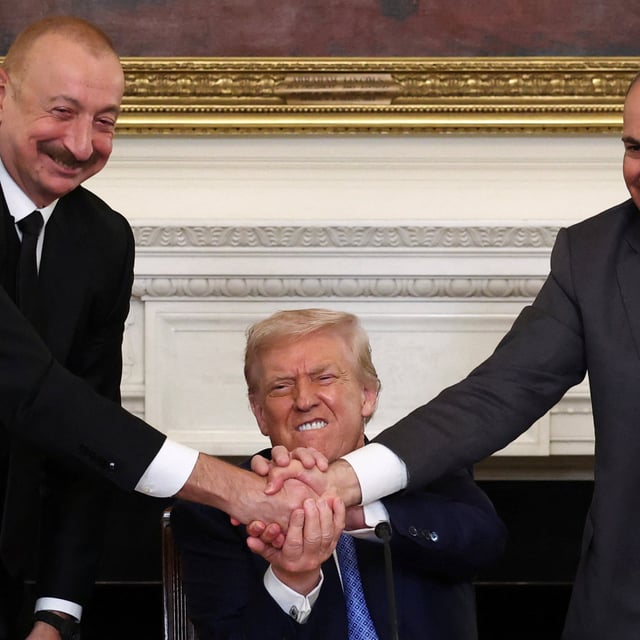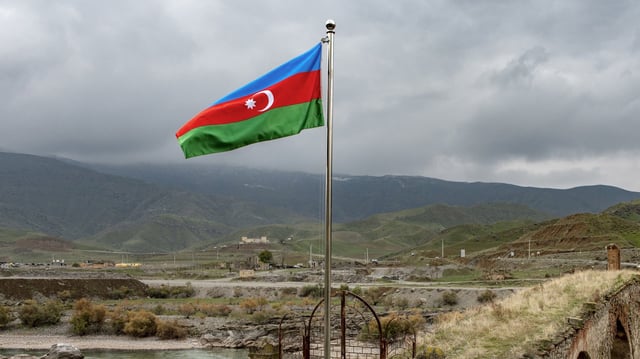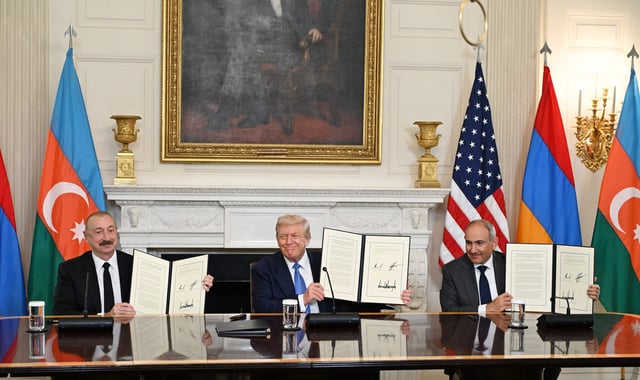Overview
- President Trump hosted Armenian Prime Minister Nikol Pashinyan and Azerbaijani President Ilham Aliyev at the White House on August 8–9 to initial a non-binding joint declaration for peace and to lift Section 907 restrictions on military cooperation with Azerbaijan.
- The declaration grants the United States leasing and development rights for the 43-kilometer Trump Route for International Peace and Prosperity (TRIPP), a transit corridor through southern Armenia linking Azerbaijan to Nakhchivan.
- Core matters—Azerbaijan’s demand for constitutional amendments on Nagorno-Karabakh, detailed operational rules for the corridor and formal treaty ratification—remain unresolved in the memorandum.
- Iran’s leadership has vowed to block any U.S.-managed corridor on its border and Kremlin voices have warned of potential countermeasures against extra-regional involvement.
- Opposition parties in Armenia have denounced the framework as a violation of sovereignty, demanding constitutional referendums and legislative approval before implementation.



